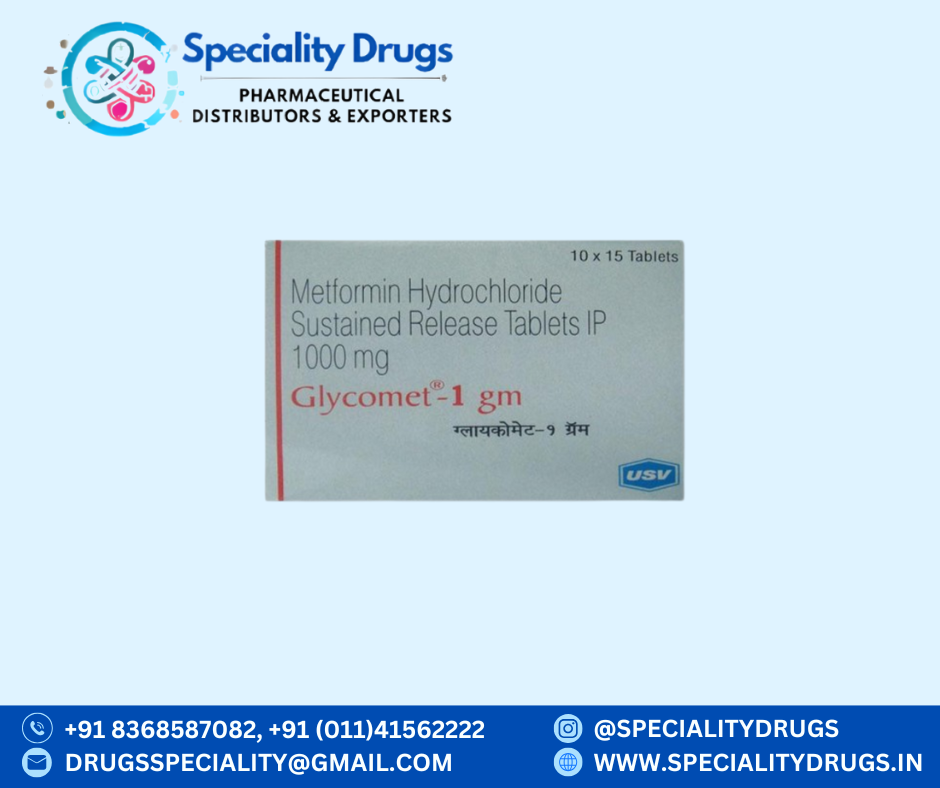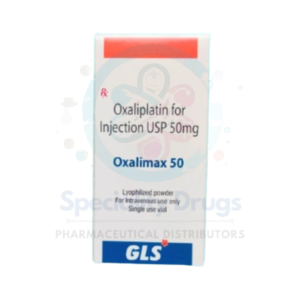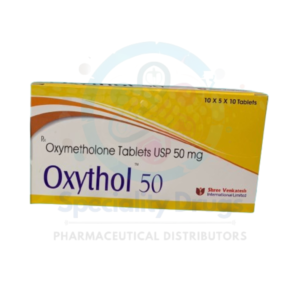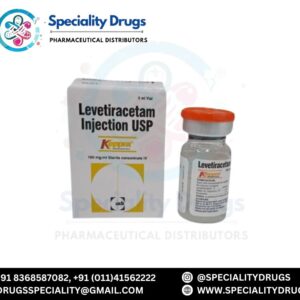What is GLYCOMET 1 GM?
GLYCOMET 1GM is an oral antidiabetic medicine that contains Metformin Hydrochloride 1000 mg. It belongs to the biguanide class of medicines and is commonly used as a first-line treatment for Type 2 Diabetes Mellitus. It helps control blood sugar levels by improving the body’s response to insulin and reducing glucose production in the liver.
What is the use of GLYCOMET 1 GM?
GLYCOMET 1GM is used to:
-
Manage Type 2 Diabetes Mellitus
-
Improve glycemic control in adults
-
Reduce insulin resistance
-
Lower HbA1c levels
-
Sometimes used in PCOS (Polycystic Ovary Syndrome) to improve insulin sensitivity
Benefits of GLYCOMET 1 GM:
-
Helps maintain steady blood sugar levels
-
Promotes weight control (non-weight gain medication)
-
Improves insulin utilization in the body
-
Lowers the risk of diabetes-related complications
-
Can be safely combined with other antidiabetics if needed
Side Effects of GLYCOMET 1 GM:
Common side effects may include:
-
Nausea
-
Stomach upset
-
Diarrhea
-
Loss of appetite
-
Metallic taste in mouth
Rare but serious side effect:
-
Lactic acidosis (very rare but serious) — more likely in patients with kidney or liver disorders.
Taking it after meals can help reduce stomach-related side effects.
Q1. What is GLYCOMET 1 GM used for?
GLYCOMET 1GM is used to control high blood sugar levels in Type 2 Diabetes Mellitus and improve insulin sensitivity.
Q2. What is the active ingredient in GLYCOMET 1 GM?
It contains Metformin Hydrochloride 1000 mg.
Q3. How does GLYCOMET 1GM work?
It reduces glucose production in the liver and improves the body’s response to insulin, thereby lowering blood sugar levels.
Q4. When should I take GLYCOMET 1GM?
It should be taken after meals to reduce stomach discomfort.
Q5. Can GLYCOMET 1GM cause weight loss?
It does not cause weight gain and in some patients may support mild weight loss due to better insulin control.
Q6. Can GLYCOMET 1GM be used for PCOS?
Yes, doctors sometimes prescribe it for PCOS to improve insulin resistance and help regulate menstrual cycles.
Q7. Does GLYCOMET 1GM cause low blood sugar (hypoglycemia)?
On its own, it does not usually cause hypoglycemia unless taken with other anti-diabetic medicines like insulin or sulfonylureas.
Q8. What are the common side effects of GLYCOMET 1GM?
Nausea, diarrhea, stomach upset, and metallic taste in mouth.
Q9. Is GLYCOMET 1GM safe for kidney patients?
It should be used with caution or avoided in patients with kidney problems. Kidney function tests may be required.
Q10. Can I drink alcohol while taking GLYCOMET 1GM?
Alcohol intake should be avoided or limited as it increases the risk of lactic acidosis.
Q11. Can pregnant or breastfeeding women take GLYCOMET 1GM?
It should only be taken under doctor supervision during pregnancy or breastfeeding.
Q12. What should I do if I miss a dose?
Take it as soon as you remember. If it’s almost time for the next dose, skip the missed dose—do not double it.
Q13. How long does GLYCOMET 1GM take to start working?
You may start seeing results in a few days, but full glycemic control may take 2–4 weeks.
Q14. Is GLYCOMET 1GM safe for long-term use?
Yes, it is commonly prescribed for long-term diabetic management when monitored by a healthcare provider.
Q15. Do I need to follow a special diet while taking GLYCOMET 1GM?
Yes, a balanced diabetic diet with regular exercise improves results and prevents sugar spikes.






Reviews
There are no reviews yet.